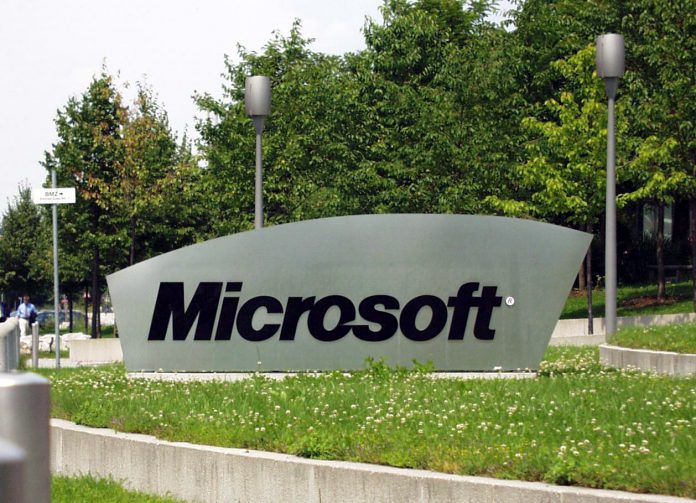Those five bills give regulators more funds to beef up investigations and punishments against offending Big Tech companies. Specifically, there will be a focus on stopping monopolization practices, such as companies buying smaller competitors. The bills and investigation are aimed at the four companies with criteria they have a $600 billion market cap and over 50 million monthly active users. Interestingly, Microsoft fits the criteria but is not part of the investigation. “Big Tech, including Microsoft, Inc., is out to get conservatives,” Jordan said this week. “It is unclear why Microsoft has avoided significant attention from House Democrats.”
Clamping Down
Lawmakers want to make it harder for Big Tech to buy smaller companies, including more burden of proof and how data will be used on newly acquired platforms. While Jordan does raise an interesting question, it seems his motives are also steeped in political nuance. He actively says Microsoft has been biased towards democrats, suggesting his motives are political. It is worth noting the bills have caused some controversy. Firstly, there are supporters for the bills across the aisles, but Republican House Minority Leader Kevin McCarthy disagrees with the proposed laws. In a twist, Jordan is also against the bills and prefers different legal action be taken against the Big Tech companies. “Democrat impeachment managers don’t care about conservative censorship. Their next big mission? Empower Big Tech and Big Government to make it worse,” Jordan has recently said. Tip of the day: Do you often experience PC freezes or crashs with Blue Screens of Death (BSOD)? Then you should use Windows Memory Diagnostic to test your computers RAM for any problems that might be caused from damaged memory modules. This is a tool built into Windows 10 which can be launched at startup to run various memory checks.




